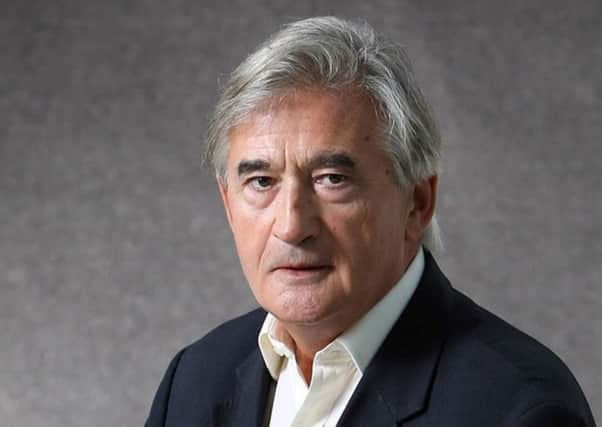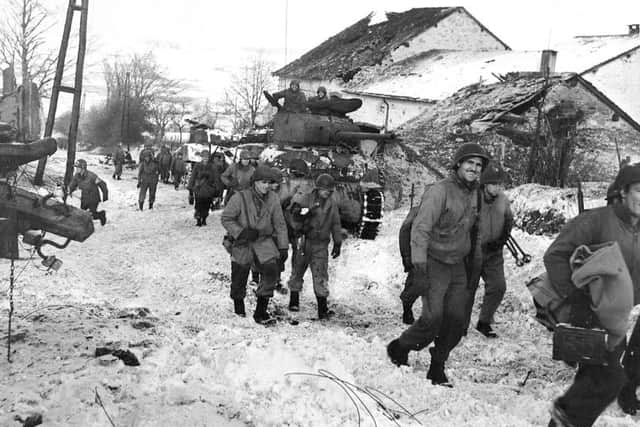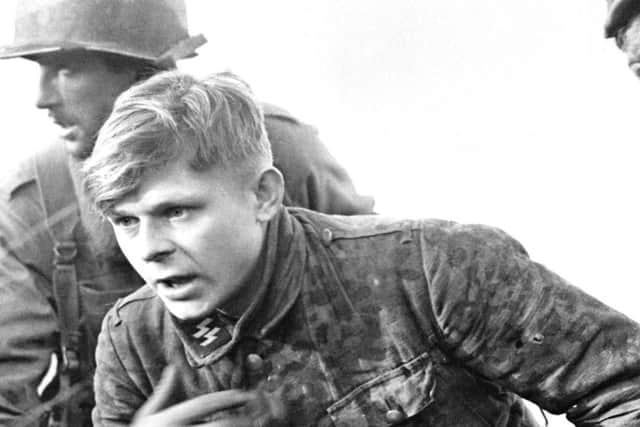Antony Beevor: The Second World War and lessons from history


Few, if any, events hold greater sway over people’s imagination than the Second World War.
It is more than 70 years since this colossal conflict - which claimed an estimated 60 million lives - finally ended and military historians continue to pore over what remains the darkest chapter in human history.
Advertisement
Hide AdAdvertisement
Hide AdAntony Beevor is among those that have returned to a subject that both intrigues and appals in equal measure. Beevor is one of our most eminent historians whose descriptions of grand sweeping events read more like Tolstoy than the dry troop movements of past military writers.


A former cavalry officer, his books have appeared in more than 30 languages with more than six million copies sold and counting. His astonishing account of the battle of Stalingrad not only catapulted him to international fame in 1998, it took military history into the bestseller lists.
His latest book, Ardennes 1944 – Hitler’s Last Gamble, went straight to No 1 on the Sunday Times Bestseller list. It charts Adolf Hitler’s ill-fated final stand in the snow-covered forests and gorges of the Ardennes which, involving more than a million men, became the biggest battle of the war in Western Europe.
Beevor will be discussing this as well as his long-standing fascination with the war when he appears at the Harrogate History Festival next month.
Advertisement
Hide AdAdvertisement
Hide Ad“The Second World War defined the modern age,” he says. “It had a global reach, it led to the end of colonialism in Africa and Asia and everybody was defined by it. My father fought in the war, though like most people he didn’t talk about it, and it loomed large as I was growing up.”


Decades later it still does. The Second World War, he says, offered people a clear moral choice that goes to the heart of human drama. “Novelists, historians and film-makers are still drawn to the Second World War because it is about a moral choice and that’s what fascinates me.”
Beevor was born a year after the end of the Second World War. As a child he suffered from Perthes, a condition which meant he had to spend time on crutches, and was bullied at school.
He overcame this and was educated at Winchester and Sandhurst, where he studied under the renowned historian John Keegan. A regular officer with the 11th Hussars he enjoyed his time in the Army but became bored while posted to a training camp in North Wales and wrote his first novel.
Advertisement
Hide AdAdvertisement
Hide Ad“My mother’s side of the family had all been writers and with the naivety and arrogance of youth I thought I could write, but thank God that was never published,” he says.

